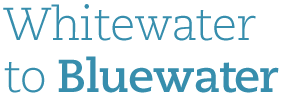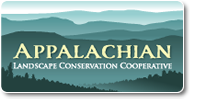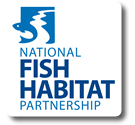Jockey's Ridge State Park Community-based Living Shoreline Restoration Phase I and II
| Project Start Date | |
|---|---|
| Project Leader | |
| Organization |
Jockey’s Ridge State Park is the location of the largest sand dune system on the east coast. It is part of the Roanoke River Watershed, which flows from Virginia through North Carolina to the sea. Its estuarine shoreline had never been stabilized prior to making the area into a state park. However, the estuarine shoreline had been damaged by vehicle and foot traffic, and acres of salt marsh had disappeared.
Partner(s): The Nature Conservancy US Fish & Wildlife Service National Marine Fisheries Service North Carolina Division of Marine Fisheries
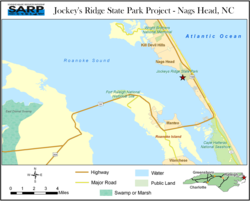
- Jockey's Ridge State Park Project -
- Nags Head, NC
The park is used for education, recreation, tourism, and conservation. The project takes place in an area that includes a UTV trail and a hiking trail. To the north of the project site is a residential development including a pier, boat ramp, and storm water outfall. To the south, coastal marsh, maritime forest and scrub-shrub forest thrive.
Description of Site:
- About 1 acre of salt marsh, adjacent oyster reefs, and about 150 feet of riparian shoreline buffers are targeted for restoration.
-
The area will be an oyster research sanctuary.
Problem:
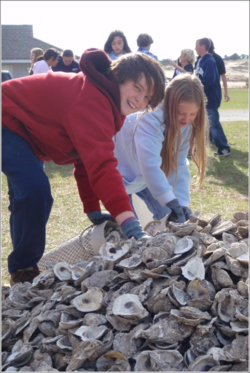
- Volunteers fill shell bags for sill.
- Historical damage to the sand dunes allowed sand to blow directly on the fringing salt marsh, making it susceptible to wave and wind erosion.
-
Without education, ownership, and involvement, park users could again damage dunes and destroy marsh.
Strategy:
- Build an oyster sill adjacent to planned marsh restoration area to dissipate wave energy.
- Plant Spartina alterniflora seedlings to restore marsh. Protect upper reaches of planting area with sand fencing.
- Incorporate the project into the park’s interpretive programming and involve school groups and other volunteers to ensure community ‘ownership.’
Most of the plantings will occur during summer of 2009. Monitoring began with project, and will continue after planting is completed. To date, 315 volunteers have participated.
Contact Info
- Todd Miller
- NC
- Email: toddm@nccoast.org
Related Resources & Documents
Complete
Saltmarsh restoration, oyster sill building (oyster shell bagging)
Associated Locations
| Town | zip code | county | state | congressional dist |
|---|
Barriers
| Name of barrier | Latitude | Longitude | FONS ID | FIS Project ID | FWS Acc. # |
|---|
Document Actions
